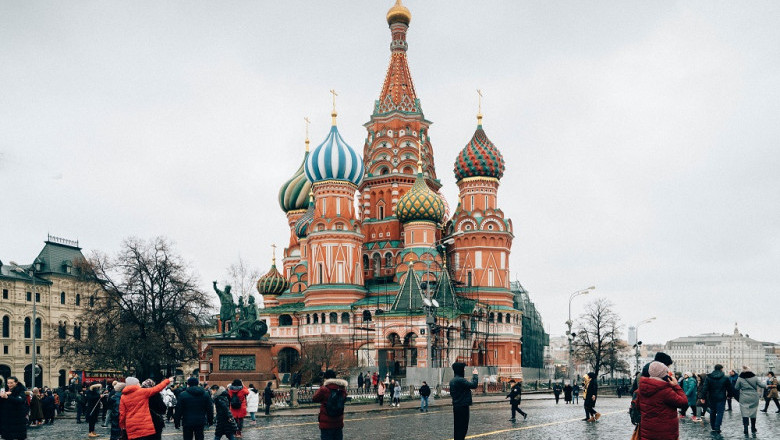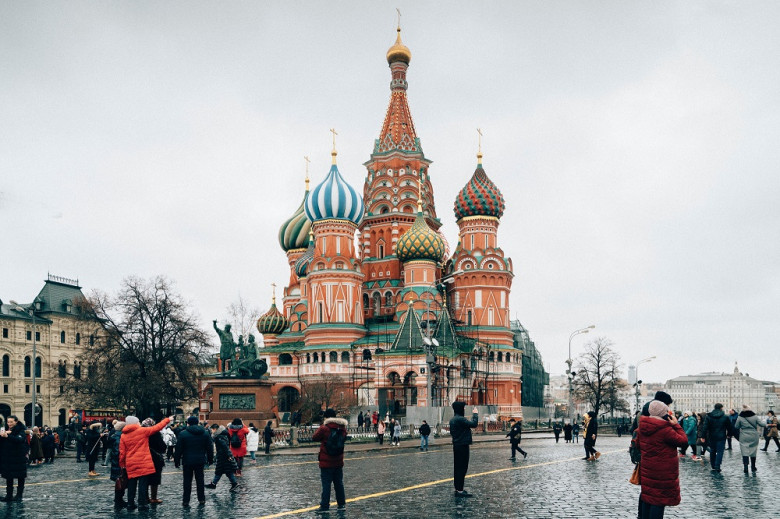views

Australia has taken an economic stand against Russia and has followed the lead of other countries, such as Canada and the UK, in withdrawing Russia’s entitlement to the Most Favoured Nation Tariff (MFN).
“Australia supports the sovereignty and territorial integrity of Ukraine and continues to call on Russia to cease its unprovoked, unjust and illegal invasion of Ukraine,” a joint government statement said.
MFN Tariff
The MFN tariff allows for a concessional rate of customs duty to be applied to goods being imported from a country with that status.
Now that MFN has been removed from Russia, it means that goods that are produced or manufactured there will now face an additional 35% customs duty when arriving in Australia.
It will cover:
- Unmanufactured raw products from Russia.
- Goods where the last process in the manufacture was undertaken in Russia.
What Type of Goods are Included?
Interestingly, the list of goods that we import from Russia is quite long, but we don’t really import large quantities of any one thing. Russia is about 46th on the list of countries we import from and there are about 80 different products that are brought into Australia. Some of them are:
● Fertiliser - our largest import
● Silk
● Food such as fish, nuts, fruits and vegetables
● Cereals, coffee, tea and spices
● Rugs and floor coverings
● Clocks and watches
● Clothing
● Works of art and musical instruments
● A range of metals, chemicals and fuels
Effect of the Tariff?
This increase in importation costs probably won’t have much of an effect on the average Australian, for now (except for that bottle of Vodka!)
Russia is a fairly minor trading partner with Australia. However it does account for about 4-5% of the fertiliser shipped into Australia and whilst that only sounds like a small amount, the Australian Trade and Investment Commission noted that “the flow on effects of reduced Russian fertiliser exports are likely to lead to increased prices and reduced fertiliser supplies in Australia”.
Our farmers are likely to be the ones to feel the effects of this, and this will lead to higher prices for fruit and vegetables.
This increase in duty is only a temporary measure and currently operates up to 24th October 2022. Hopefully there will be a peaceful resolution to this conflict by that date, but if not you can probably expect a continuation of these sanctions against Russia as “Australia strives to protect international, regional and domestic stability and security.”













